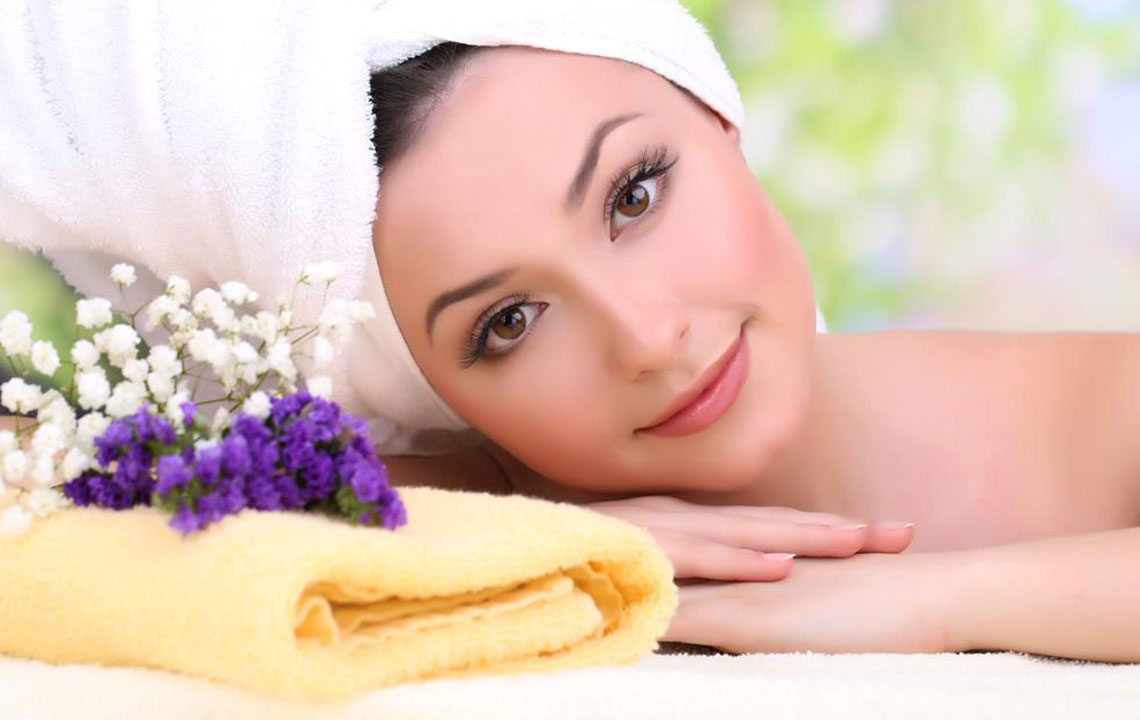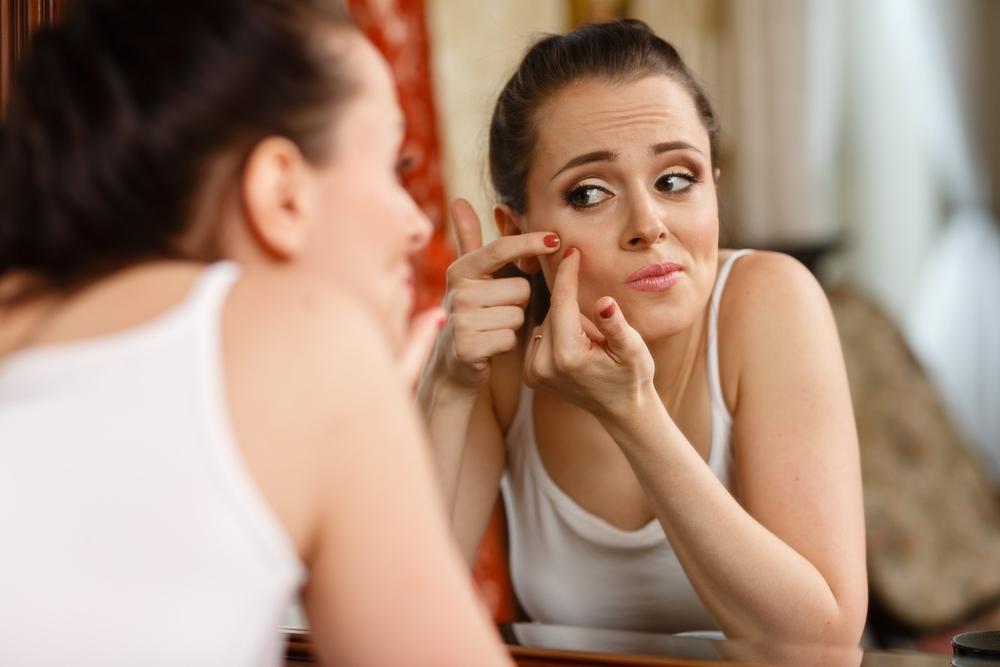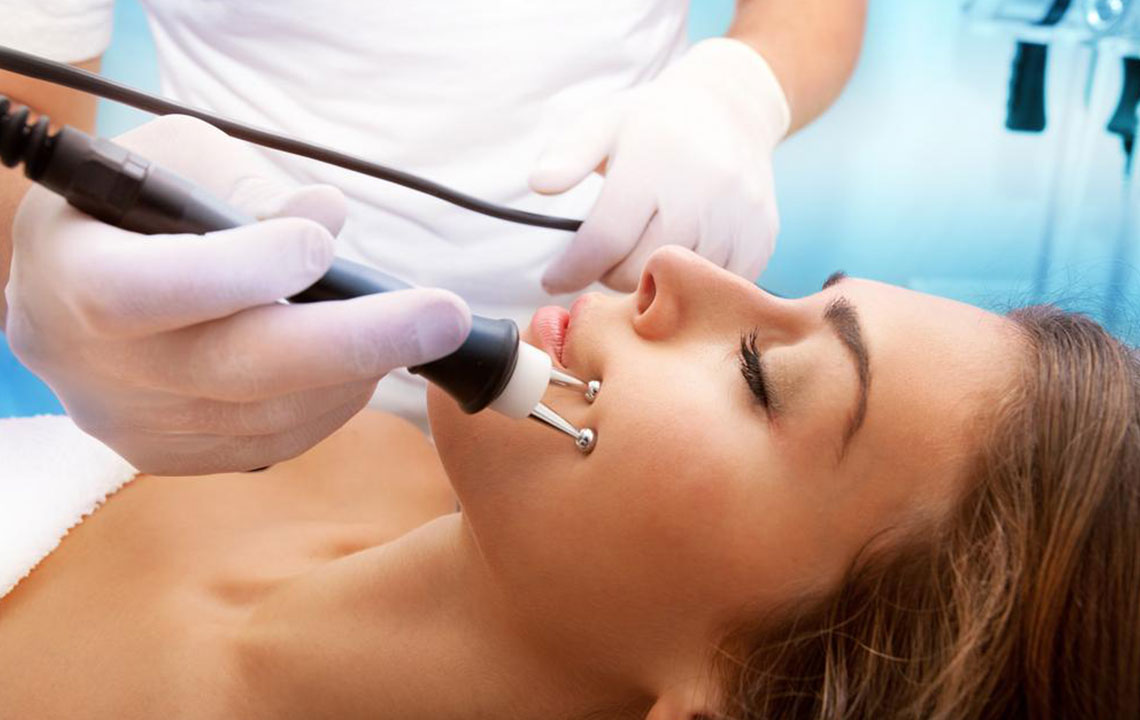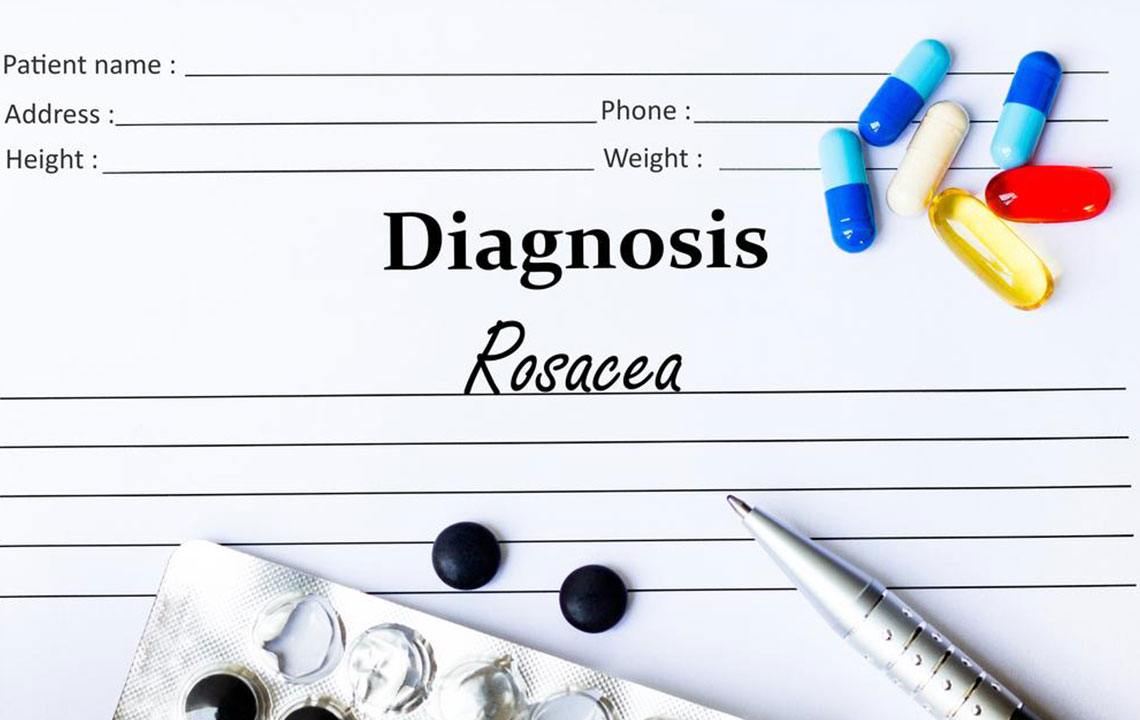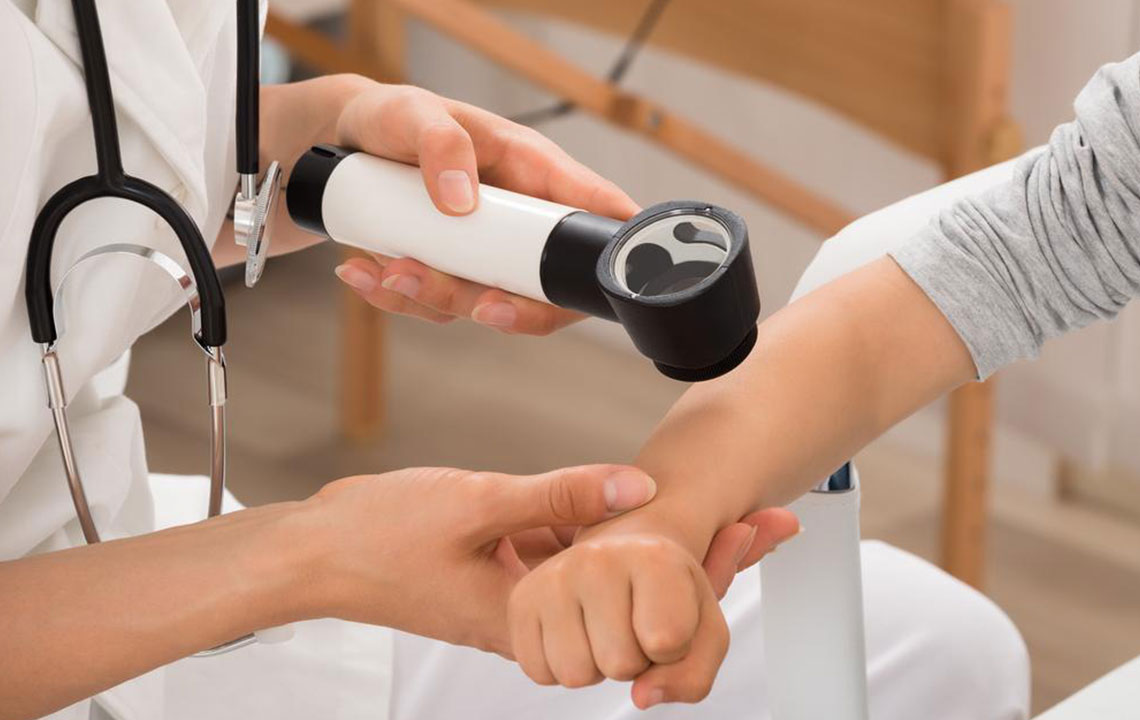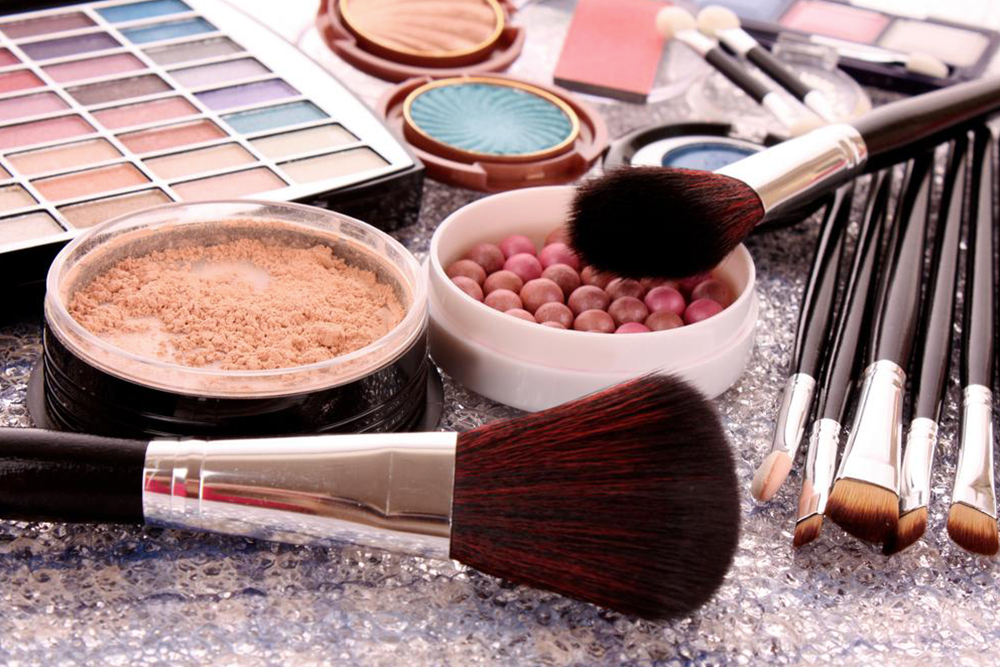Comprehensive Strategies for Effectively Managing Adult Acne
This comprehensive guide provides effective strategies for managing adult acne. It covers causes such as hormonal fluctuations, stress, and diet, along with detailed treatment options ranging from topical products to advanced therapies. Learn how lifestyle changes and professional advice can help achieve clearer, healthier skin, reducing the frustration of persistent breakouts. Whether you're dealing with mild or severe adult acne, this article offers practical insights to improve skin health and confidence through informed skincare routines and medical interventions.
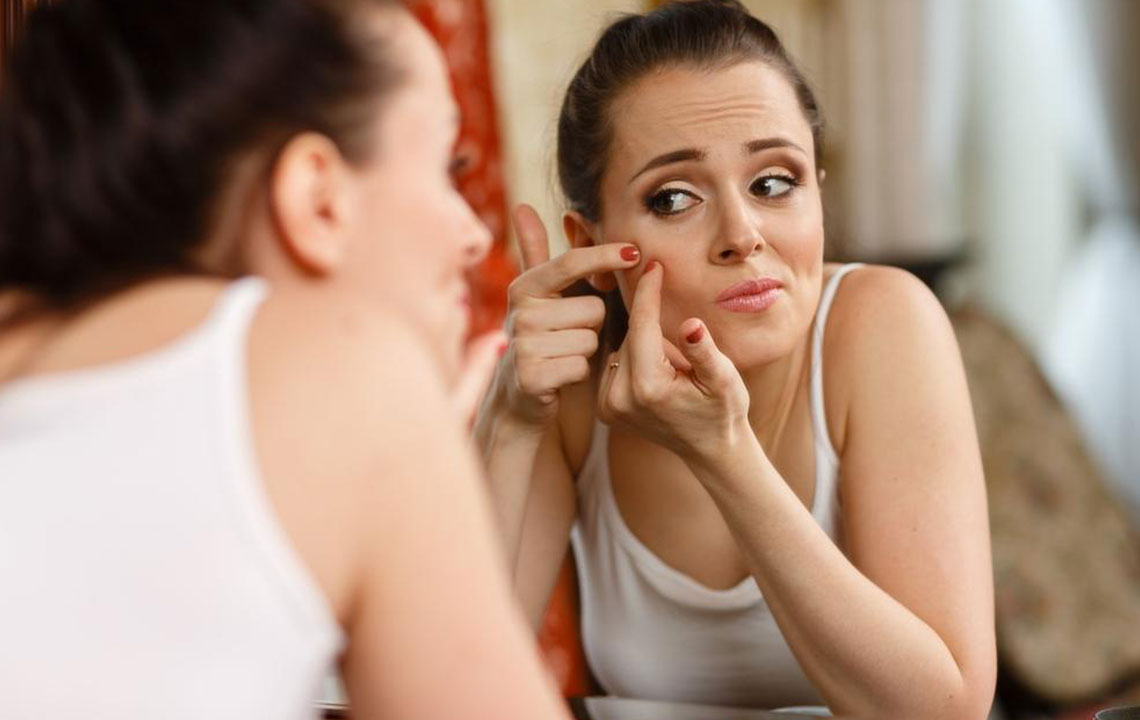
Comprehensive Strategies for Effectively Managing Adult Acne
Dealing with persistent adult acne can be challenging, but understanding the best treatment options and skincare routines can make a significant difference. Many adults, well past their teenage years, continue to experience breakouts, which can be frustrating and impact confidence. Fortunately, adult acne is manageable through a combination of targeted treatments, lifestyle adjustments, and proper skincare. Both men and women are susceptible to this condition, frequently noticing outbreaks around the jawline and chin area. Recognizing the underlying causes and applying effective remedies can help achieve clearer, healthier skin.
Recent research indicates that nearly 51% of women in their 20s suffer from adult acne, with around 43% of men in the same age group also affected. Women tend to experience more hormonal-related flare-ups, especially around menstrual cycles, making hormone fluctuations a key factor in adult acne development.
Understanding the Causes of Adult Acne
Adult acne predominantly appears around the chin, jawline, and lower face. Unlike teenage acne, which often results from adolescent hormonal surges, adult acne can be influenced by various factors requiring tailored approaches to treatment. Recognizing these causes allows for more effective management.
Key Contributing Factors
Hormonal Fluctuations
Hormones like androgens stimulate excess oil production, leading to clogged pores and breakouts. For women, cyclical hormonal shifts associated with menstruation, pregnancy, or menopause can cause persistent acne flare-ups.
Stress and Lifestyle Habits
Elevated stress levels trigger the release of cortisol and testosterone, hormones that can worsen acne. High stress often correlates with poor lifestyle choices, including inadequate sleep, smoking, and excessive alcohol consumption, all of which can exacerbate skin issues. Diet also plays a significant role; diets high in sugar and processed foods can spike insulin, stimulating excess oil production.
Dietary and Environmental Influences
Certain foods such as chocolates, nuts, and dairy products may trigger or worsen adult acne in some individuals. Excessive iodine intake, found in some seafood and processed foods, can also lead to breakouts. Environmental pollutants, exposure to harsh weather conditions, and inhaling cigarette smoke can additionally irritate skin and worsen acne. Using inappropriate skincare products or over-cleansing can strip away natural skin oils, prompting the skin to produce more sebum to compensate, which further clogs pores.
Effective Adult Acne Treatment Strategies
Choosing the right treatment depends on the severity and underlying causes of acne. A combination of over-the-counter products, lifestyle modifications, and sometimes medical interventions can lead to significant improvements.
Topical treatments containing benzoyl peroxide and salicylic acid are common first-line options. They can reduce bacteria, unclog pores, and diminish inflammation. Selecting products suited for your skin type—oily, dry, or sensitive—is essential.
Salicylic acid works by exfoliating dead skin cells and preventing pore blockage without irritating the skin, making it suitable for daily use.
Benzoyl peroxide effectively kills acne-causing bacteria and reduces inflammation but can sometimes cause dryness or peeling. Proper moisturizer use can help mitigate these effects.
Glycolic acid, an alpha hydroxy acid, promotes skin renewal, improves skin texture, and stimulates collagen production, aiding in the healing process.
Sulfur-based topical products help regulate excess oil, especially beneficial for oily skin types prone to breakouts.
Retinoids, derived from vitamin A, are highly effective in preventing clogged pores and reducing the appearance of acne scars and wrinkles. They are often prescribed for moderate to severe cases.
Gels containing dapsone can help reduce inflammation and are particularly beneficial for inflammatory acne.
In cases of severe or persistent acne, dermatologists may prescribe topical or oral antibiotics to reduce bacteria and inflammation.
Hormonal therapies, such as certain contraceptives or medications like spironolactone, help balance hormone levels and decrease oil production, especially for women with hormonal acne.
Advanced treatments such as laser therapy, blue light phototherapy, and chemical peels are options for stubborn or severe cases that do not respond to conventional therapies.
Implementing dietary modifications, such as reducing the intake of refined carbs, sugars, and dairy, can diminish acne outbreaks.
Adopting a consistent skincare routine—washing the face twice daily with gentle, acne-fighting cleansers—can help maintain skin health and prevent new breakouts.
If acne persists, becomes painful, or causes emotional distress, consulting a dermatologist is vital. A professional evaluation can identify hidden causes and enable personalized treatment plans to achieve the best results.
Overall, effective management of adult acne involves patience, proper skincare, lifestyle adjustments, and professional guidance. While some treatments work well for mild to moderate cases, severe acne may require medical intervention for optimal results. With the right approach, adults can attain clearer, healthier skin and boost their confidence.
